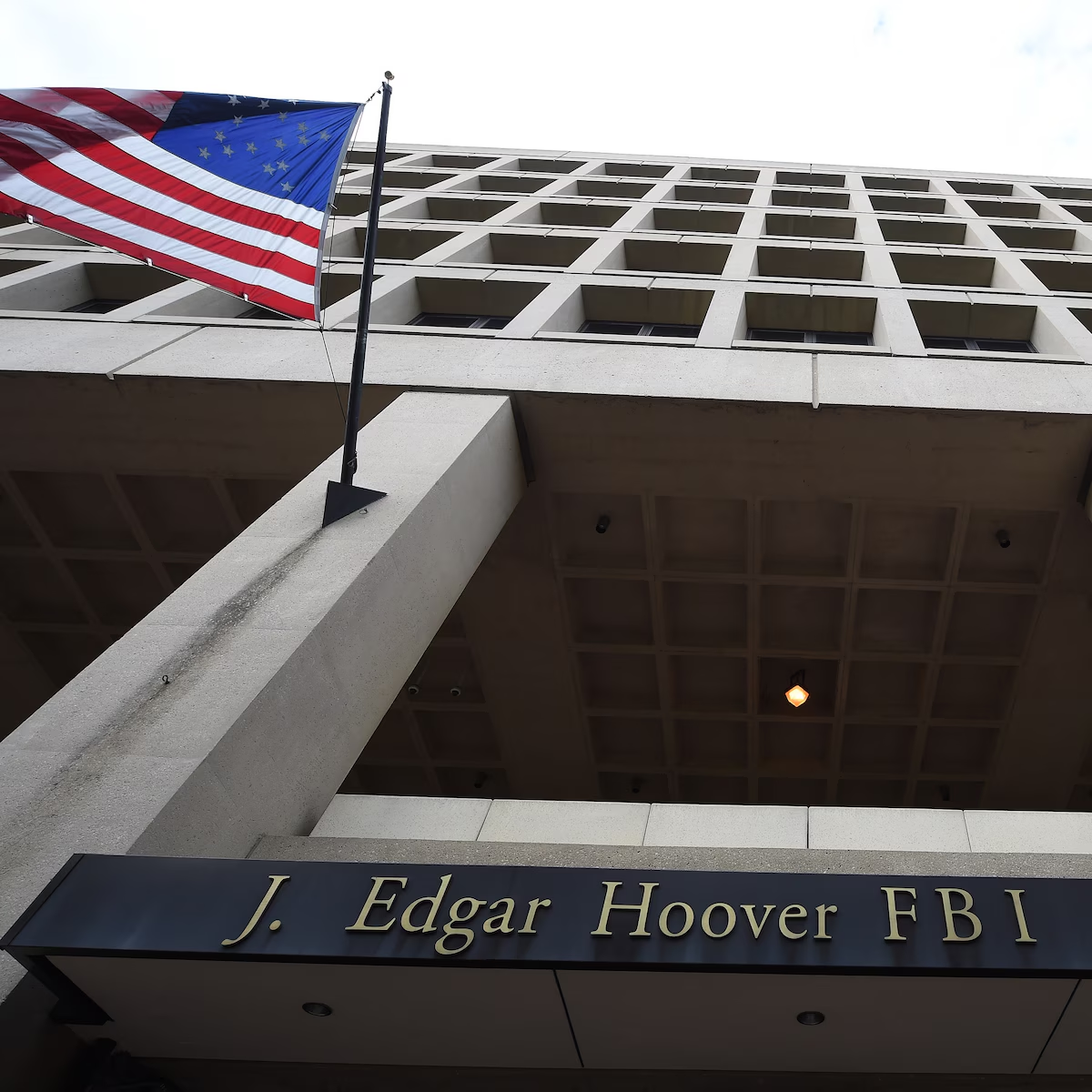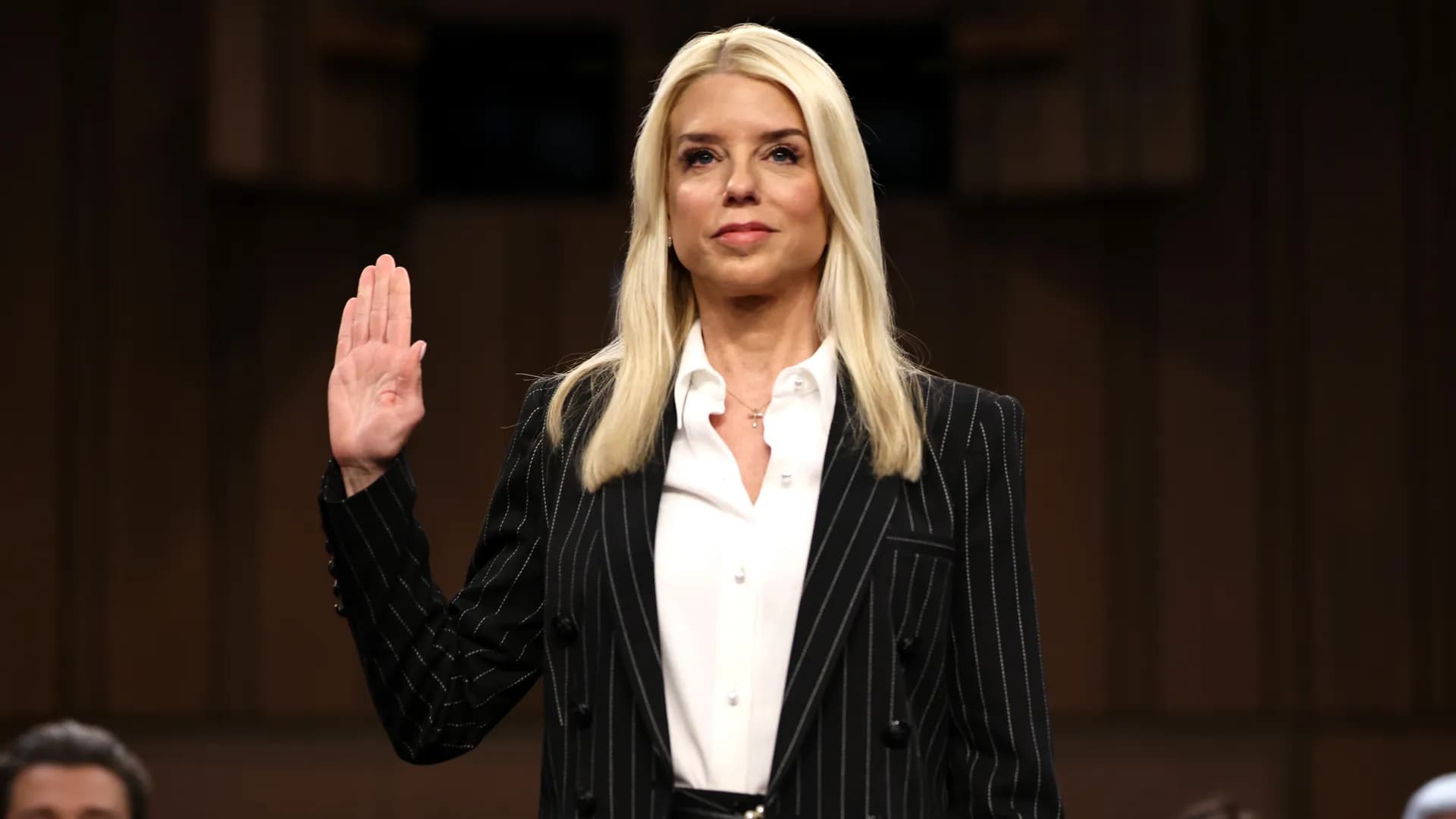The fallout from Attorney General Pam Bondi"s recent testimony before the Senate is raising alarms about the Justice Department"s commitment to transparency. In a shocking turn of events, Bondi confirmed that the much-anticipated "client list" from Jeffrey Epstein"s trafficking operation will not see the light of day. This decision has enraged both critics and supporters of President Donald Trump, with accusations flying from all directions.
FBI and DOJ Refuse to Release Epstein Client List
During a Senate Appropriations Subcommittee hearing on June 25, 2025, Bondi asserted that there is no evidence supporting the existence of a client list. This statement contradicts her earlier claims, made just months prior, that the list was "sitting on my desk right now to review." The abrupt reversal has left many questioning the integrity of the investigation and the possibility of high-profile individuals escaping scrutiny.
Elon Musk"s Frustration Highlights Public Outrage
Tech billionaire Elon Musk publicly expressed his discontent with the Justice Department"s findings, mockingly questioning the lack of arrests related to Epstein"s extensive network of abuse. His post on X, featuring a counter stuck at zero, reflects a growing sentiment among the public: that powerful figures are shielded from accountability. Musk"s frustration is emblematic of a wider disillusionment with the system, one that seems designed to protect the affluent while leaving marginalized victims unheard.
Implications for Accountability in the Justice System
The refusal to disclose any further charges beyond those already brought against Ghislaine Maxwell raises critical concerns over the integrity of the judicial process. As reported by the Senate Appropriations Committee, the lack of follow-up investigations into Epstein"s extensive network signals a troubling trend in the Justice Department"s approach to high-profile cases. This could embolden other wealthy individuals to engage in criminal activities, knowing that the likelihood of facing consequences is minimal.
Marginalized Voices Overlooked in the Epstein Saga
The victims of Epstein"s trafficking ring remain overshadowed by the drama surrounding elite figures. Their stories deserve to be prioritized in this discourse, yet they are often drowned out by the sensationalism of political infighting and celebrity gossip. Advocates for survivors argue that without transparency, the system fails to serve those it was designed to protect. The inability or unwillingness to pursue justice for Epstein"s victims stands as a glaring indictment of a system that prioritizes the powerful over the marginalized.

U.S. officials pick Greenbelt, Md., for new FBI national ...
Political Fallout and the Future of Justice Reform
As the fallout continues, the implications for criminal justice reform are profound. The inability to hold powerful individuals accountable sends a chilling message to both victims and potential whistleblowers: the system is rigged. The lack of transparency in this high-profile case could deter future victims from coming forward, fearing that their claims will be dismissed or ignored.
Calls for Systemic Change Grow Louder
Progressive leaders are amplifying their calls for systemic change within the Justice Department. They argue that ongoing failures to prosecute individuals who exploit their wealth and influence highlight the urgent need for comprehensive reform. As reported by the Washington Examiner, the current administration"s budget allocations may fail to address the fundamental issues plaguing the justice system, leaving marginalized voices even more vulnerable.
The lack of accountability in cases like Epstein"s reveals a deeper problem within our systems of justice. The growing frustration and outrage from the public, fueled by figures like Musk, underscores the demand for a reckoning—a demand for a justice system that truly serves all, not just the privileged few.

![[Video] Anti-ICE Protester Pepper Sprayed as CBP Agents Disperse Crowd in Minneapolis](/_next/image?url=%2Fapi%2Fimage%2Fthumbnails%2Fthumbnail-1768260677127-y71sb7-thumbnail.jpg&w=3840&q=75)

![[Video] Several injured as U-Haul truck drives through Iranian protestors in Los Angeles](/_next/image?url=%2Fapi%2Fimage%2Fthumbnails%2Fthumbnail-1768176682028-q95y6j-thumbnail.jpg&w=3840&q=75)
![[Video] Scuffle breaks out between Trump supporters and Anti-ICE protesters in Times Square](/_next/image?url=%2Fapi%2Fimage%2Fthumbnails%2Fthumbnail-1768165958203-hgcgb-thumbnail.jpg&w=3840&q=75)


![[Video] Gunfire between Iraqi security forces and Sadr militias in Baghdad](/_next/image?url=%2Fapi%2Fimage%2Fthumbnails%2Fthumbnail-1768343508874-4redb-thumbnail.jpg&w=3840&q=75)
